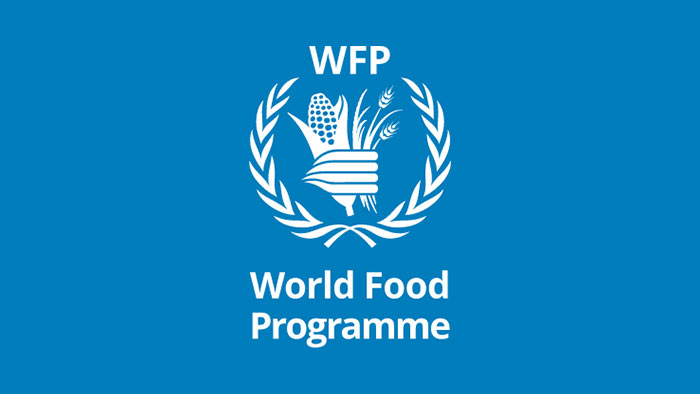6.26 Million people in Sri Lanka are food insecure – World Food Programme
Posted by Editor on July 7, 2022 - 10:00 am

The World Food Programme (WFP) in its latest report said that 6.26 million people in Sri Lanka are food insecure and it targets 3 million people to receive emergency food, nutrition and school meals until December.
“Three in 10 households (6.26 million people) are food insecure, of which 65,600 are severely food insecure 200,000 households are using emergency livelihood coping strategies,” it said.
The WFP also stated
- WFP has distributed 88 percent (2,100) of the first 2,375 vouchers to pregnant women.
- Three in ten households are food insecure, according to WFP’s latest food security assessment.
The majority of households are eating less preferred and less nutritious food, and reducing the amount of food they eat.
Situation Update
- The population continues to feel the brunt of the economic and food crises. About 3 in 10 households (6.26 million people) are food insecure, 65,600 of which are severely food insecure, according to WFP’s latest food security assessment.
- Food inflation is alarmingly high at 57.4 percent in June 2022. Steeply increasing food prices have crippled the population’s ability to put sufficient and nutritious food on the table.
- The majority of assessed households (61 percent) are regularly employing food-based coping strategies such as eating less preferred and less nutritious food, and reducing the amount of food they eat. Two in five households are not consuming adequate diets.
- The food security situation is worst among people living in the estate sector, where more than half of households are food insecure. In all measures of food insecurity and coping strategies, these households have consistently poorer outcomes than urban and rural populations. While urban households are depleting savings to cope for now, estate populations are already turning to credit to purchase food and other necessities.
- An estimated 200,000 households are using emergency livelihood coping strategies that are likely to severely impact their medium- to long-term capacity for income-generating activities. WFP anticipates that even more people will turn to these coping strategies as the crisis deepens.
- Schools and government offices are closed until further notice due to the scarcity in oil supply.
- Headline inflation in June is at 54.6 percent, the highest since 1954. The food security, agriculture, livelihoods, and health sectors are the hardest hit.
Latest Headlines in Sri Lanka
- STF arrests key underworld drug operative with Rs. 30 Million ICE haul in Bambalapitiya January 26, 2026
- GMOA launches island wide trade union action warning of health service collapse January 26, 2026
- IFC announces $166 million financing package to support Sri Lankan businesses January 25, 2026
- Rs. 133.94 Million worth of Kush and Hashish smuggling attempt foiled at BIA January 25, 2026
- India hands over Red Notice suspect to Sri Lanka January 25, 2026


